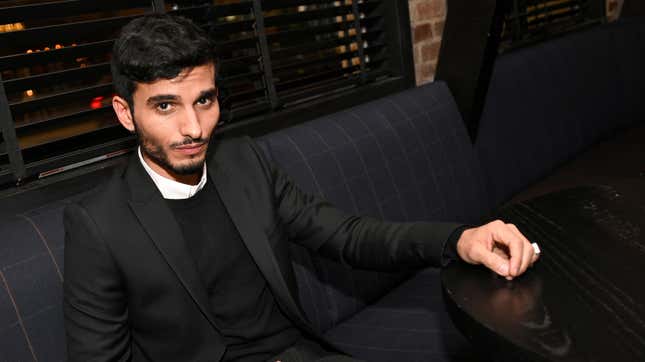Jesus is Woke and Snippy as Hell in Netflix's Messiah
Entertainment

This post contains spoilers.
-

-

-

-

-

-

-

-

-

-

-

-

-

-

-

-

-

-

-

-

-

-

-

-

-

-

-

-

-

-

-

-

-

-

-

-

-

-

-

-








































